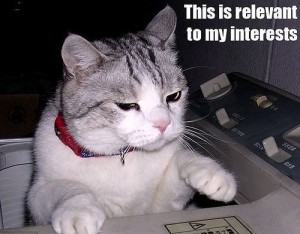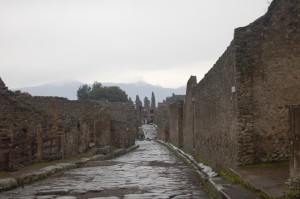Research is important for a successful novel regardless of your genre. When I first started writing, I figured research was only necessary for historical fiction or Michael Crichton-type thrillers. I was certain that fantasy and futuristic writers didn’t need to bother with research. I mean, they build their own worlds. What’s there to research?
But boy was I wrong.
Research, Research, Research: Examples from the Real World
Think about the last novel you read. Now think about the details. As an example, I will use one of the last novel I read, Wondrous Strange. In this urban fantasy, the main character, Kelley, is an actress in a Shakespeare play and fairy lure is laced throughout the book. There are also other fantastical characters. To write this book, Lesley Livingston needed to be familiar with fairy tales from different cultures. She also needed to be familiar with a variety of Shakespeare plays and other fantasy creatures and the folktales that accompanied them.
My current WIP is set in the future. Like it or not, writing a book set in the future also requires research. While it is not a hard sci-fi book, readers will expect some sci-fi elements. What does the future look like? What new, amazing technology have they developed? To figure this out, I have to spend time looking at trends in technology and science and, based off of these things, make educated guesses about what these things will look like in the future.
Where do I go to Research?
Two of my main sources of research are TechCrunch and Mashable. TechCrunch blogs about technology startups and Web 2.0. Mashable is a news blog that explores web technology, news, new websites/social networks, etc. I also skim the technology and science sections in several online newspapers and follow NASA and Astronomy Magazine on Twitter. A lot of days, I don’t see anything that sparks my creativity. But sometimes, I get a little nugget that grows into an amazing idea.
Take my current WIP. The main premise came from a news story. I occasionally listen to a podcast called Mysterious Universe. I was listening to it one day and they were talking about solar flares and underground homes that are being built to protect people from these flares. So I went to the internet and started researching these things and the idea took off. What if there was a solar flare that destroyed earth and the wealthy escaped in a space ship and return years later, thinking Earth was uninhabited only to discover that people had been living in underground safety pods. Cue conflict.
No matter what genre you are writing in, you will always need to do your homework.
How do you research? Do you use research for inspiration?





